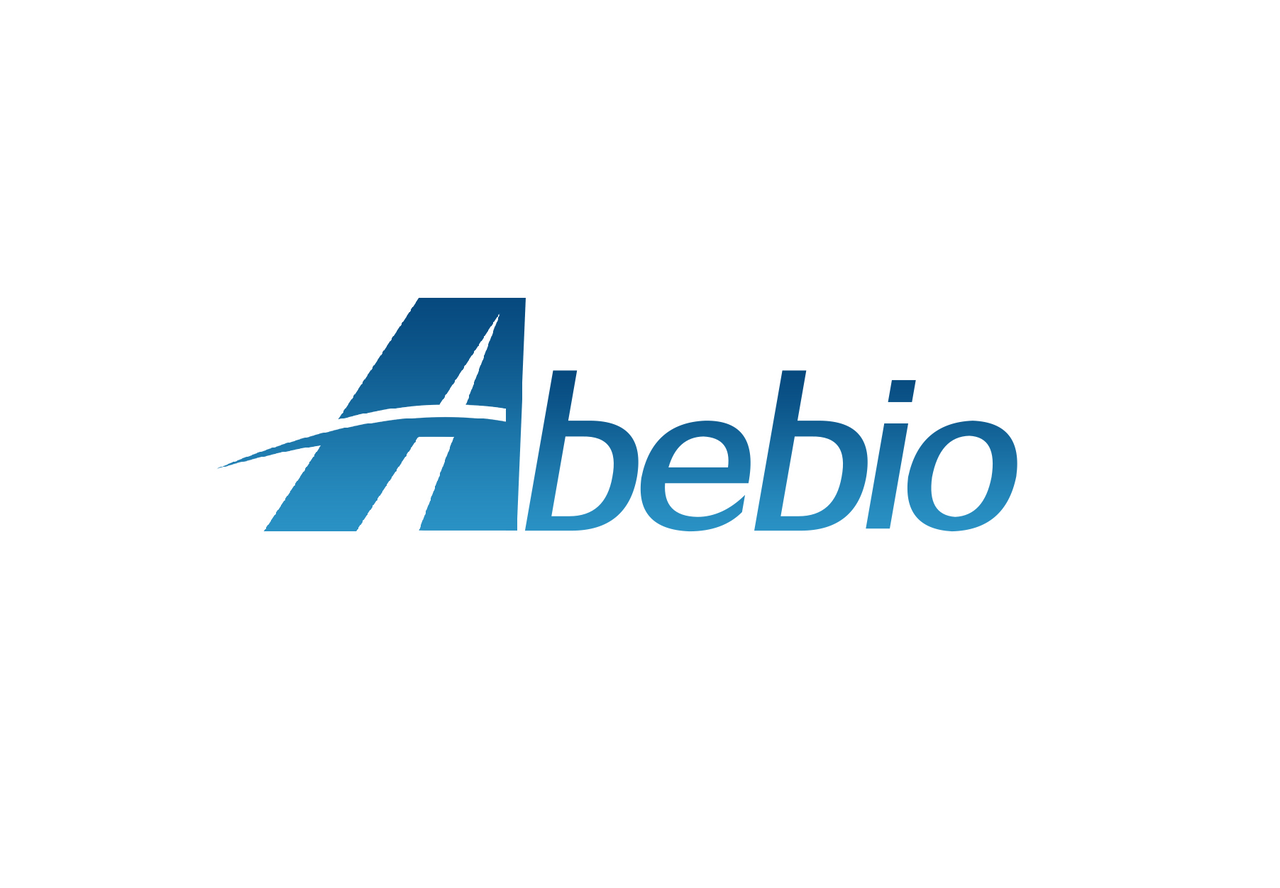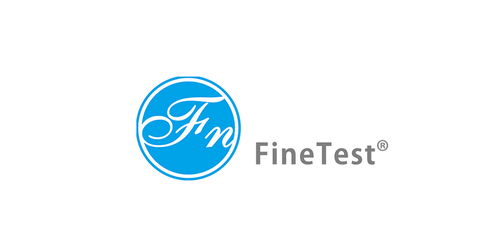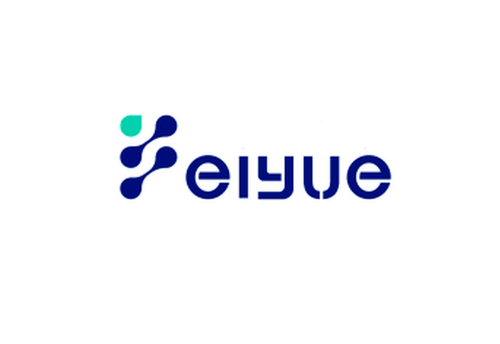Product Description
Human Reticulon-4 (RTN4) ELISA Kit | AE21048HU | Abebio
Species Reactivity: Human (Homo sapiens)
Abbreviation: RTN4
Alternative Name: ASY; NI220/250; NOGO; NOGO-A; NOGOC; NSP; NSP-CL; Nbla00271; Nbla10545; Nogo-B; Nogo-C; RTN-X; RTN4-A; RTN4-B1; RTN4-B2; RTN4-C; Human NogoA|My043 protein|OTTHUMP00000201714|OTTHUMP00000201801|OTTHU
Application: ELISA
Range: 0.156-10 ng/mL
Sensitivity: 0.063 ng/mL
Intra-Assay: ≤4.6%
Inter-Assay: ≤8.6%
Recovery: 0, 99
Sample Type: Serum, Plasma, Other biological fluids
Detection Method: Sandwich
Analysis Method : Quantitive
Test Principale: This assay employs a two-site sandwich ELISA to quantitate RTN4 in samples. An antibody specific for RTN4 has been pre-coated onto a microplate. Standards and samples are pipetted into the wells and anyRTN4 present is bound by the immobilized antibody. After removing any unbound substances, a biotin-conjugated antibody specific for RTN4 is added to the wells. After washing, Streptavidin conjugated Horseradish Peroxidase (HRP) is added to the wells. Following a wash to remove any unbound avidin-enzyme reagent, a substrate solution is added to the wells and color develops in proportion to the amount of RTN4 bound in the initial step. The color development is stopped and the intensity of the color is measured.
Product Overview: Reticulon-4 is a protein belongs to the family of reticulon-encoding genes. Reticulons are associated with the endoplasmic reticulum, and are involved in neuroendocrine secretion or in membrane trafficking in neuroendocrine cells. The product of this gene is a potent neurite outgrowth inhibitor which may also help block the regeneration of the central nervous system in higher vertebrates. Alternatively spliced transcript variants derived both from differential splicing and differential promoter usage and encoding different isoforms have been identified. Isoform 1 is specifically expressed in brain and testis and weakly in heart and skeletal muscle. Isoform 2 is widely expressed except for the liver. Isoform 3 is expressed in brain, skeletal muscle and adipocytes. Isoform 4 is testis-specific.
Stability: The stability of ELISA kit is determined by the loss rate of activity. The loss rate of this kit is less than 5% within the expiration date under appropriate storage condition. The loss rate was determined by accelerated thermal degradation test. Keep the kit at 37°C for 4 and 7 days, and compare O.D.values of the kit kept at 37°C with that of at recommended temperature. (referring from China Biological Products Standard, which was calculated by the Arrhenius equation. For ELISA kit, 4 days storage at 37°C can be considered as 6 months at 2 - 8°C, which means 7 days at 37°C equaling 12 months at 2 - 8°C) .
 Euro
Euro
 USD
USD
 British Pound
British Pound
 NULL
NULL












